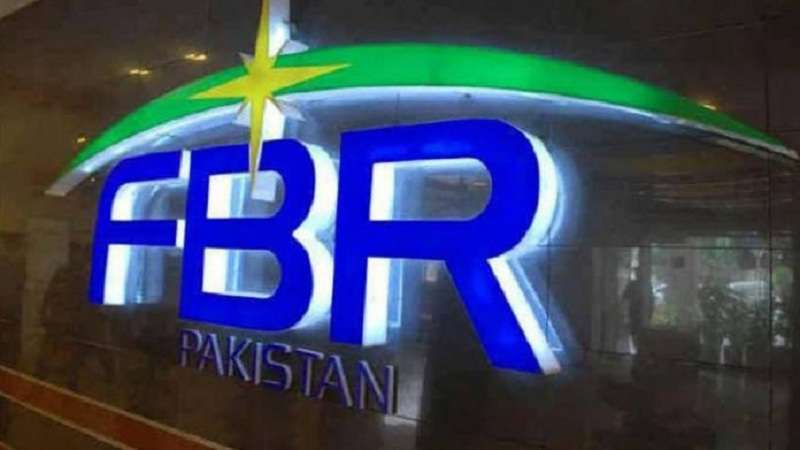Karachi, December 19, 2023 – The Federal Board of Revenue (FBR) has taken a significant step towards refining the tax recovery process by issuing a comprehensive list of items exempted from confiscation.
The FBR, in its effort to strike a balance between tax enforcement and protecting the essential possessions of taxpayers, has updated the Income Tax Rules, 2002 for the tax year 2024. The list of exempted items is outlined under Rule 128, providing clarity on what assets are safeguarded against attachment and sale.
Under Rule 128 – Exemption from attachment, a variety of items have been identified as not liable to attachment and sale under the updated rules. The list includes:
(a) Necessary Wearing Apparel, Cooking Vessels, Beds, and Bedding: The personal belongings of the defaulter, their spouse, and children, along with personal ornaments protected by religious usage.
(b) Tools of Artisans and Implements of Agriculturists: Tools of artisans and, for agriculturists, implements of husbandry, cattle, and seed grain deemed necessary for livelihood.
(c) Houses and Other Buildings: Properties belonging to agriculturists, including the materials, sites, and land necessary for their enjoyment.
(d) Books of Account: Essential for maintaining financial records.
(e) Mere Right to Sue for Damages: Exemption is granted for rights to sue for damages.
(f) Right of Personal Service: The protection extends to any right of personal service.
(g) Stipends, Gratuities, and Political Pensions: Stipends and gratuities for government pensioners, political pensions, and specified allowances.
(h) Wages of Laborers and Domestic Servants: Both monetary and in-kind payments to laborers and domestic servants.
(i) Salary: Exemption is applied to the first hundred rupees and half of the remainder, with specific provisions for government and railway/local authority servants.
(j) Pay and Allowances of Armed Forces Personnel: Applicable to individuals covered by the Pakistan Army Act, 1952, and the Pakistan Navy Ordinance, 1961.
(k) Compulsory Deposits: Exemption is granted to compulsory deposits under the Provident Funds Act, 1925, as declared by the Act.
(l) Allowances Exempt from Attachment: Specific allowances forming part of government or railway/local authority servants’ emoluments, as notified by the appropriate government.
(m) Contingent or Possible Rights: Any expectancy of succession by survivorship or other contingent or possible rights.
(n) Right to Future Maintenance: Protection is extended to the right to future maintenance.
The FBR emphasizes that the mentioned exemptions are applicable whether before or after they become payable. Additionally, the definition of “wages” or “salary” is clarified, and the term “appropriate government” is specified in the explanations.
This move by the FBR aims to bring transparency and fairness to the tax recovery process while ensuring that individuals are not unduly burdened in their daily lives. The updated rules provide a clear framework for both taxpayers and tax authorities, fostering a more balanced and equitable approach to tax enforcement.
